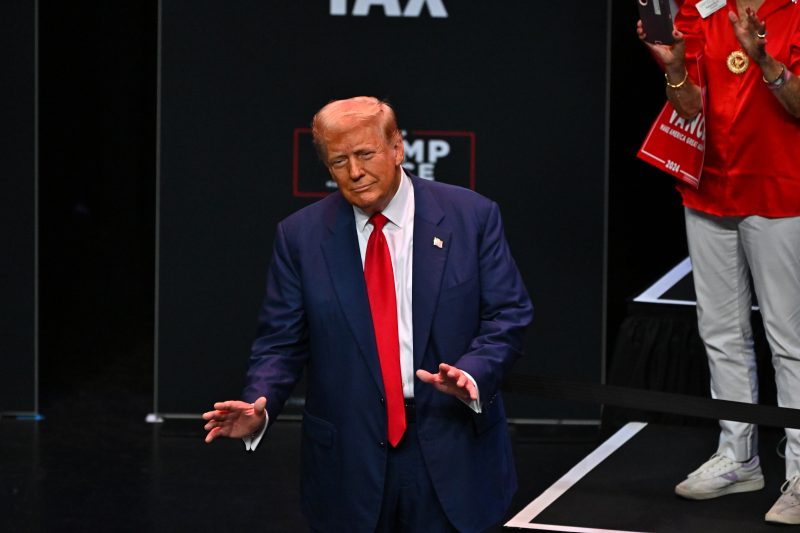In a dynamically changing economic landscape, income tax reform stands as a critical policy tool, with the potential to shape the financial well-being of individuals and economies. The recent developments and proposals put forth by the Trump administration underline a scattershot approach to income tax reform, promising significant implications for taxpayers and the broader financial system.
One of the key pillars of the Trump administration’s income tax reform agenda is the advocacy for lower tax rates across the board. This approach is designed to provide relief to taxpayers at various income levels, stimulate economic growth, and incentivize investment. Proponents argue that reduced tax rates could boost consumer spending, business expansion, and job creation, ultimately fueling economic prosperity. However, critics caution that a blanket reduction in tax rates may disproportionately benefit high-income earners and exacerbate income inequality.
Additionally, the proposed reforms include streamlining tax brackets and simplifying the tax code. By consolidating tax brackets and eliminating certain deductions and loopholes, the administration aims to create a more straightforward and transparent tax system. Proponents argue that a simplified tax code could reduce compliance costs, enhance efficiency, and promote tax fairness. However, the potential impact of these changes on different income groups and industries remains a subject of intense debate.
Furthermore, the Trump administration has championed the repeal of the estate tax, often referred to as the death tax. This tax, levied on the transfer of assets from deceased individuals to their heirs, has long been a point of contention among policymakers and taxpayers. Proponents of the repeal argue that the estate tax stifles intergenerational wealth accumulation, hinders small business succession planning, and imposes an undue burden on families. However, opponents contend that the estate tax plays a crucial role in promoting economic equality, preventing the concentration of wealth, and generating government revenue.
In conclusion, the scattershot approach to income tax reform advanced by the Trump administration reflects a complex interplay of economic theories, political considerations, and social values. As policymakers continue to navigate the intricacies of tax policy, it is imperative to strike a balance between stimulating economic growth, fostering equity, and ensuring fiscal sustainability. Ultimately, the outcomes of these proposed reforms will reverberate across society, shaping the financial well-being of individuals and the trajectory of the economy.

